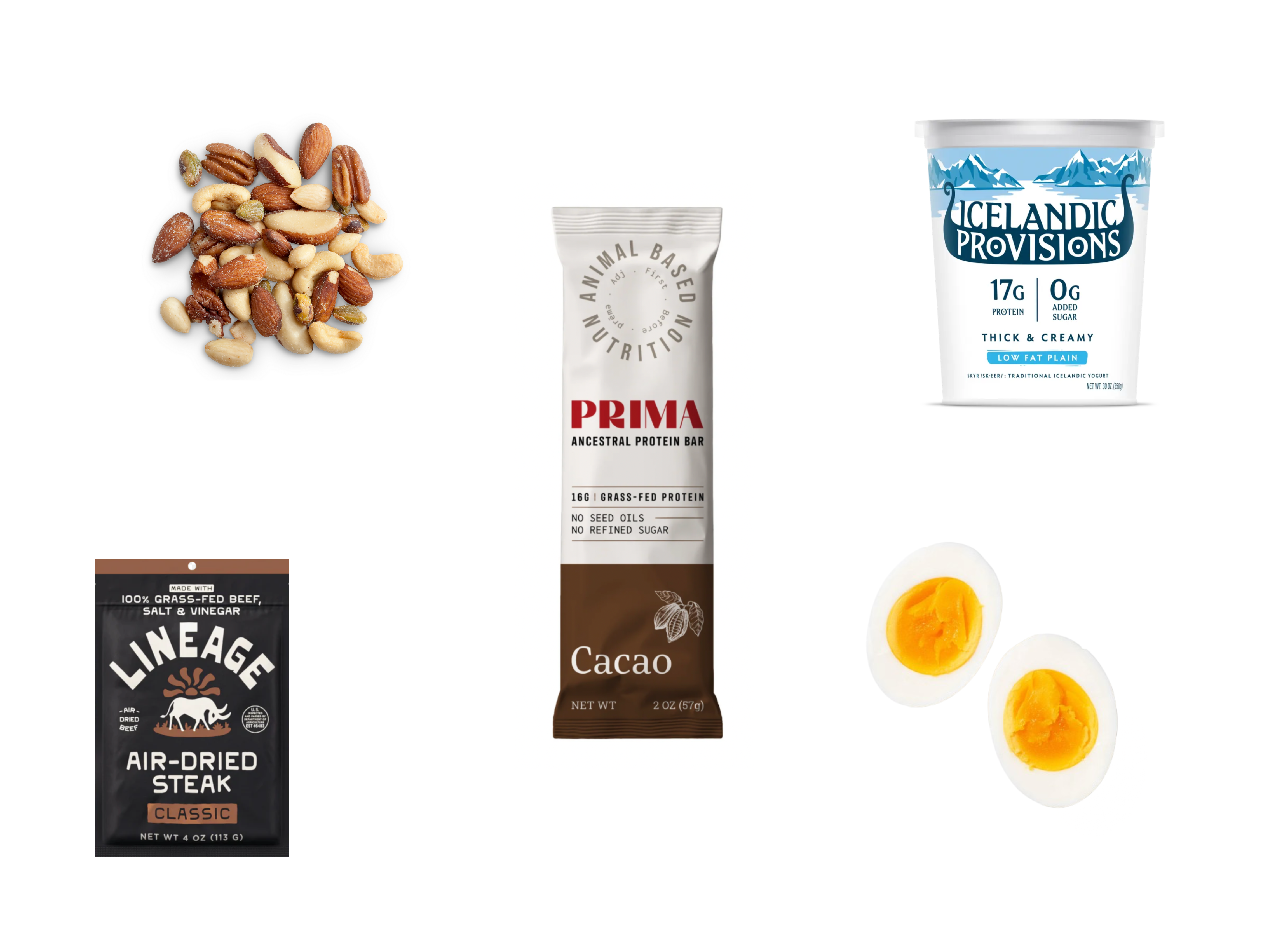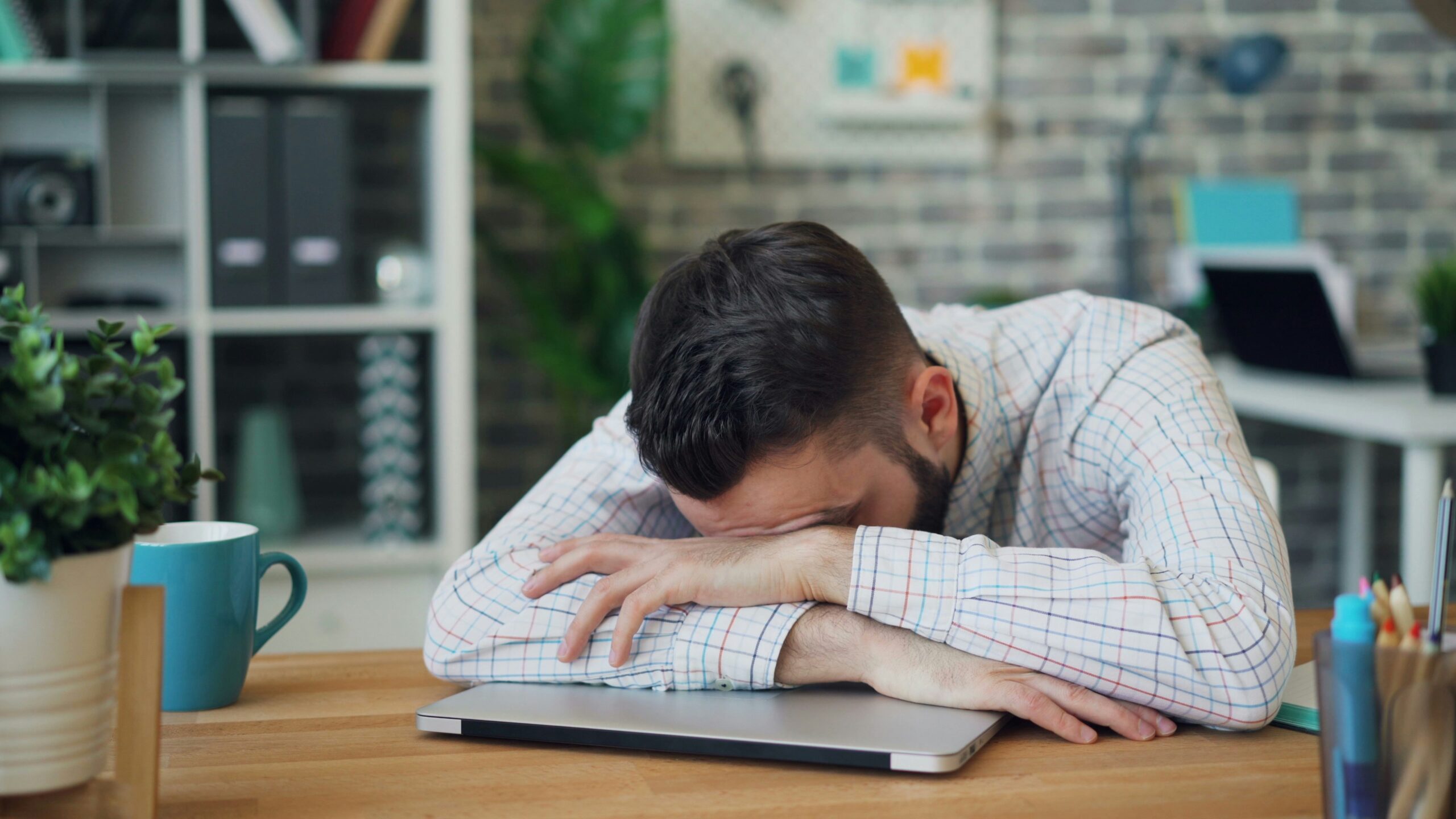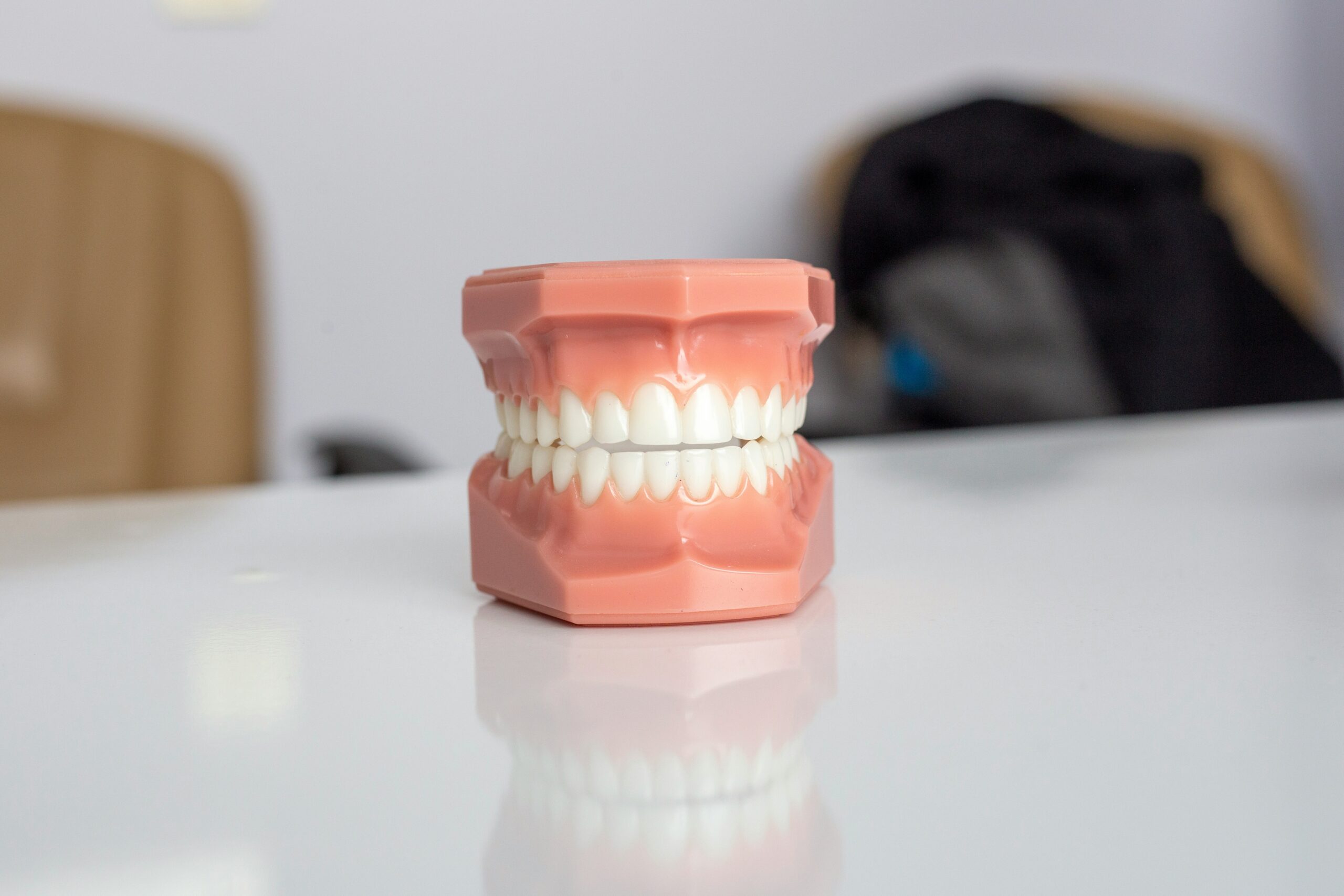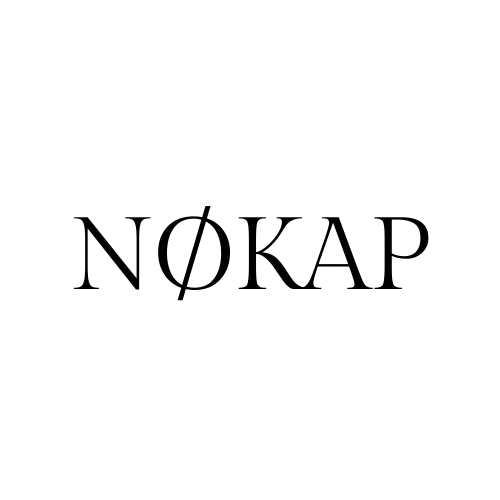
For many people, coffee is the first thing they reach for in the morning, maybe even before water or breakfast. It’s a comforting ritual and a quick energy boost. But is this habit really as harmless as it seems?
Let’s break down what actually happens when you drink coffee on an empty stomach and why your body may be paying the price.
Related Post
Chinese Organ Clock: How to Support Your Body’s Organs Hour by Hour1. Cortisol Spikes: Your Body’s Stress Response
Drinking coffee on an empty stomach can significantly spike your cortisol levels. Cortisol is your body’s primary stress hormone. It’s naturally high in the morning to help you wake up, but adding caffeine to the mix can cause levels to surge even higher than necessary.
Why is this a problem?
- Chronically elevated cortisol caused by coffee on an empty stomach can disrupt hormone balance.
- It may contribute to anxiety, poor sleep, weight gain (especially around the midsection), and blood sugar imbalances.
- Over time, this stress response may wear down your adrenals and weaken your immune system.
Cortisol spikes can feel like a “wired but tired” kind of energy. You’re alert, but on edge. If you’ve ever felt jittery or anxious after your first cup, especially before eating, this is likely why.
2. Stomach Acid and Gut Irritation
Coffee stimulates the production of hydrochloric acid (HCl), which is essential for digestion. But when you drink coffee on an empty stomach, there’s no food to digest—so all that acid has nothing to work on.
Over time, this can lead to:
- Irritation of the stomach lining
- Acid reflux or heartburn
- Disruption of gut bacteria
People with sensitive stomachs may be more prone to nausea, bloating, or even IBS-like symptoms when drinking coffee on an empty stomach.
3. Mineral Depletion: Iron, Copper & More
Coffee contains compounds called polyphenols and tannins that can bind to essential minerals and block their absorption. This is particularly problematic for:
- Iron – Coffee can reduce non-heme (plant-based) iron absorption by up to 60-90% if consumed around meal time.
- Copper – Though less studied, there’s evidence that caffeine may interfere with copper metabolism, especially when consuming coffee on an empty stomach.
- Magnesium, zinc, and calcium – Long-term high caffeine intake may lead to deficiencies (and it means you’re left less hydrated).
Drinking coffee before eating can make it harder for your body to absorb nutrients from your meals later in the day, especially if you’re not supplementing properly.
4. Why Coffee After Food Is a Better Choice
When you eat a balanced meal first (think protein, healthy fats, and complex carbs) you blunt the cortisol spike. Your body is in a more stable, nourished state. Drinking coffee after eating supports:
- Better absorption of nutrients (less mineral competition)
- Less stress on the gut lining
- More stable blood sugar and energy levels
- A gentler caffeine experience: less jitters, more sustained focus
You may actually feel less anxious and get a smoother, more productive energy boost when you delay drinking coffee on an empty stomach until after food.
5. Blood Sugar Instability & Energy Crashes
Drinking coffee on an empty stomach can also cause your body to release glucose into the bloodstream as part of the cortisol and adrenaline surge. That initial boost may feel energizing but it’s short-lived. Once the insulin response kicks in to bring blood sugar down, you might experience:
- Energy dips
- Cravings for carbs or sugar
- Mood swings
- Shakiness or brain fog
Pairing coffee with food, especially protein and fat, helps stabilize blood sugar and creates more sustainable energy throughout the morning.
6. Impact on Female Hormones
This is especially relevant if you are a woman. Drinking coffee on an empty stomach can be particularly disruptive to:
- Thyroid function – Caffeine spikes cortisol, which can downregulate the thyroid over time. It also competes with nutrients needed for thyroid hormone conversion (like selenium and iron).
- Estrogen balance – Cortisol affects how your body metabolizes estrogen, potentially worsening PMS or cycle irregularities.
If you’re a woman dealing with hormone-related symptoms, switching your coffee to after breakfast may be a simple but impactful fix.
7. Intermittent Fasting Myths
Some people drink black coffee during intermittent fasting windows under the assumption that it’s “safe” because it doesn’t contain calories. While it may not break your fast calorically, it does:
- Spike cortisol
- Stress your adrenals
- Aggravate an empty stomach
So if you’re fasting for hormone balance or gut health, that early cup of coffee may be doing more harm than good. Switching to herbal tea or warm lemon water during the fasted window is often a gentler option.
Better Alternatives to Coffee First Thing
If giving up morning coffee sounds impossible, try these more supportive tweaks:
- Drink a glass of water first to hydrate and support your metabolism.
- Add collagen peptides or a spoonful of ghee/MCT oil to slow absorption and reduce cortisol impact (if not fasting).
- Have a few bites of something—even half a banana with nut butter can help buffer the effects.
Over time, you’ll train your body to need coffee less and benefit from it more.
QUICK RECAP: HEALTHIER COFFEE HABITS
- ☕ Don’t drink coffee immediately after waking up
- 🍳 Eat first — even a small snack helps
- ⏰ Drink coffee within 60–90 minutes of eating a balanced meal
- 💧 Hydrate before caffeine — aim for a glass of water
- 🌿 Don’t rely on caffeine alone — prioritize sleep, nutrients & movement
The Verdict: To Drink or Not to Drink
There’s nothing wrong with loving your morning coffee. But if you’re routinely drinking coffee on an empty stomach, you might be unintentionally stressing your body, disrupting your hormones, and compromising your nutrition.
Try eating first. Something simple like eggs and avocado toast or oatmeal with almond butter, then have your coffee. Your gut, hormones, and nervous system will thank you.

6 Best High Protein Snacks (Simple, Easy, & Yum)
The best high protein snacks include jerky, eggs, dairy, cheese, and nuts when paired properly for fullness and steady energy.

The 2 p.m. Slump Is Not Normal, Here’s How to Beat the Afternoon Slump for Real
If you crash every afternoon, your body is asking for support, not more caffeine. Here’s how to beat the afternoon slump naturally with simple daily shifts.

How to Heal Early Tooth Decay and Remineralize Naturally
I spent a year intentionally balancing my minerals, nourishing my body, and practicing natural oral care to successfully remineralize my teeth naturally and heal early decay.





[…] Related Post Drinking Coffee on an Empty Stomach Is Sabotaging Your Health Related Post The Link Between Sleep Quality and Inflammation […]
Comments are closed.